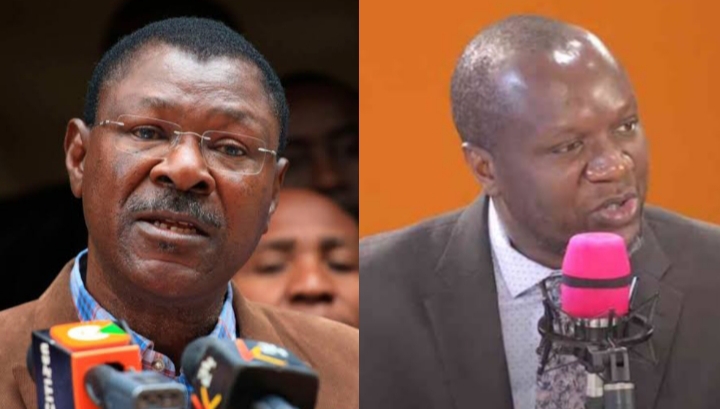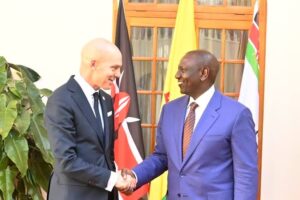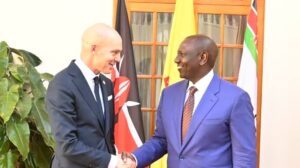Willis Evans Otieno, a political commentator and constitutional lawyer, has been raising concern about the future of Kenya’s politics, especially the habit of leaders using ethnic divisions for personal gain.
His latest remarks, shared on X on August 23, 2025, strongly condemned the culture of tribal-based politics which he believes threatens the country’s peace and development.
In his statement, Otieno called out leaders who exploit ethnic identities to build support, warning that such actions are selfish and destructive. He reminded them that Kenya belongs to everyone and that no community should be misled into fueling conflict for the benefit of a few.
His statement came at a time when political temperatures are already rising ahead of the 2027 general elections. Many Kenyans are growing increasingly frustrated with campaigns that focus on tribal loyalty instead of concrete ideas and solutions.

Otieno specifically responded to remarks made by National Assembly Speaker Moses Wetang’ula earlier in the month. Wetang’ula had urged the Luhya community to back President William Ruto’s re-election bid in order to secure a future Luhya successor.
To Otieno, this was just another example of the outdated politics of ethnicity. He argued that such appeals do not serve citizens, and that leaders should instead rally people around policies, vision, and clear development strategies.
On August 3, 2025, he had already written that without ethnicity, most leaders stand on empty ground, lacking ideology, plans, or policies.
He urged Kenyans to rise above divisions and unite around shared challenges and goals. His criticism was not limited to tribal politics alone. He also took issue with Interior Cabinet Secretary Kipchumba Murkomen for allegedly downplaying police brutality during recent demonstrations.

According to Otieno, Kenyans need leaders who will listen to citizens’ concerns and confront inequality, rather than dismiss the suffering of ordinary people.
During the Homa Bay conference themed “For the People, For Prosperity: Devolution as a Catalyst for Equity, Inclusion and Social Justice,” Otieno shifted the focus to development gaps in the Northern Frontier counties.
Despite more than a decade of devolved government, he noted that many communities in the region still lack clean water, proper schools, and access to food. Billions of shillings have been allocated, yet little has changed on the ground.
He directly blamed local leaders for diverting resources, turning devolution into personal enrichment while their communities continue to struggle in poverty.He further cited Transparency International’s 2024 Corruption Perceptions Index, where Kenya scored poorly with 32 out of 100.
For him, this proved that institutions by themselves cannot guarantee justice or fairness. Instead, true progress requires a culture of accountability and leaders who put public service above personal ambition.
Otieno’s words struck a chord with many reform-minded citizens who are tired of the same old cycles of empty promises, corruption, and ethnic manipulation.
The challenge remains whether Kenya’s leaders will embrace inclusive, transparent, and accountable politics or continue with divisive tactics.
For Otieno, the path forward is clear unity, integrity, and leadership that focuses on all citizens, not just tribal bases. His message is a call for change, urging the country to move past politics of the past and toward a more united and fair future.





















Add Comment